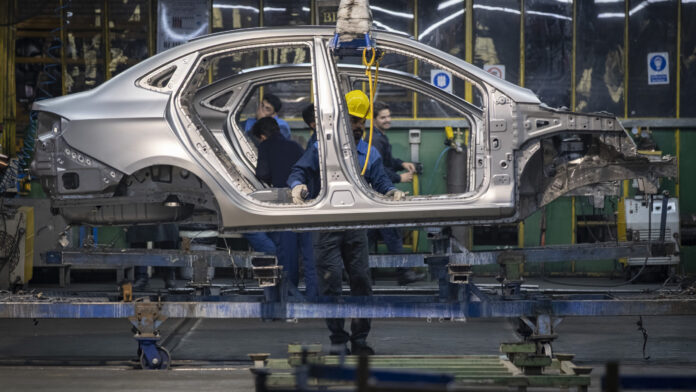
MORE than half of supply agreements between western carmakers and miners for battery metals have been delayed, amended or scrapped following a sharp fall in lithium prices, said the Financial Times on Tuesday.
General Motors, Tesla and Stellantis were amongst automakers that signed long-term contracts for metals including lithium and nickel from 2020, seeking to avoid potential shortages as electric vehicle production accelerated.
However, prices have tumbled from their peaks, making it difficult for miners to finance new projects and threatening efforts to establish alternatives to China-dominated supply chains, the newspaper said.
Analysis by the Financial Times of data compiled by Benchmark Mineral Intelligence showed that 17 of 32 deals for lithium, nickel and cobalt signed between 2020 and 2024 have been cancelled, renegotiated or postponed.
“Delays are reflective of the low price environment for lithium and other battery metals at the moment,” said Adam Webb, head of battery raw materials at Benchmark. “This makes it challenging to secure financing, leading to project development delays.”
Lithium carbonate traded at just under $10,000 per ton at the end of October, down from more than $70,000/t in 2023, according to Benchmark. A surge in Chinese production created a supply glut.
The surplus has reduced carmakers’ incentive to commit to long-term offtake agreements as they can secure materials elsewhere. Manufacturers have also scaled back EV targets due to lower profitability and concerns about Trump administration policies, said the Financial Times.
Ford agreed in 2022 to buy lithium from Ioneer’s Rhyolite Ridge project in Nevada from this year, but the mine remains unbuilt. South Africa’s Sibanye-Stillwater withdrew from a deal to acquire a 50% stake for just under $500m. Production is now expected to commence in 2028.











